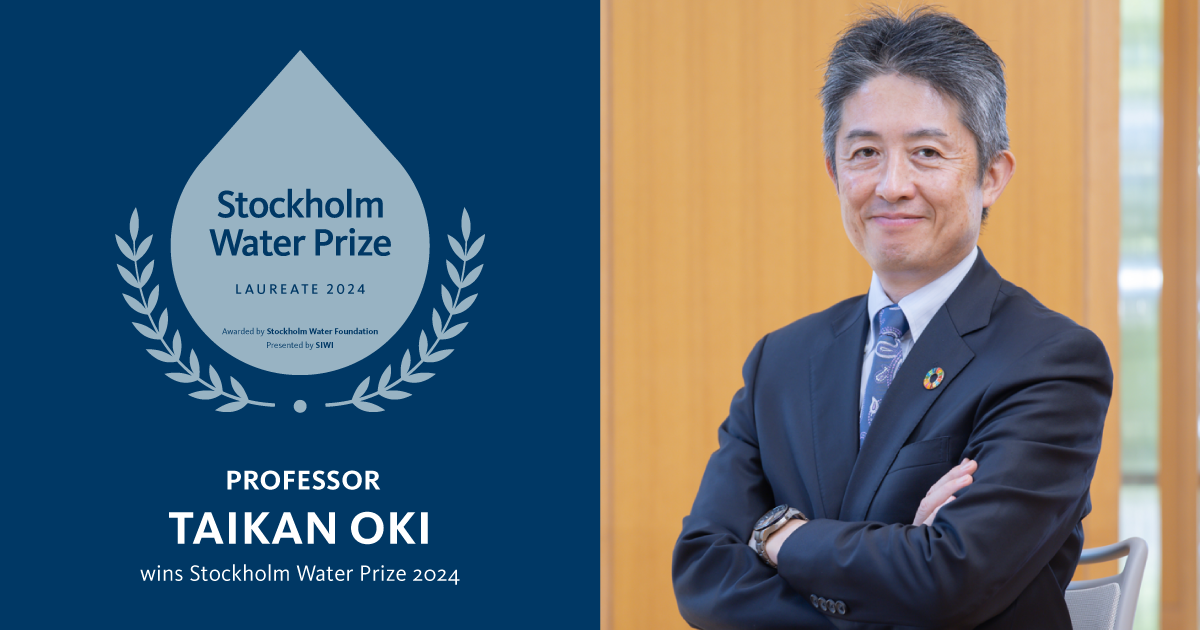WEF Stormwater Institute Releases 2022 MS4 Survey Results
On July 10, the Water Environment Federation (WEF; Alexandria, Virginia) will officially release the results from its 2022 National Municipal Separate Storm Sewer System (MS4) Needs Assessment Survey. This biannual survey by the WEF Stormwater Institute seeks to understand MS4 sector challenges, drivers, and needs. It is designed to measure common challenges regulated stormwater organizations face throughout the U.S.
Survey findings reveal that municipal stormwater programs across the United States face significant challenges in maintaining infrastructure, securing funding, and addressing workforce needs. The 2022 survey analysis estimates the annual funding gap to be USD $6.2 billion for all MS4s across the U.S.
"WEF has filled a data need in the sector. This survey fills a real hole about what MS4s struggle with to implement their stormwater program to meet the requirements of the Clean Water Act," said Scott Taylor, Chairman of the National Municipal Stormwater Association (Alexandria, Virginia). Taylor also serves as Chair of the WEF Stormwater Institute as well as Chair of the MS4 Needs Assessment Survey Work Team.
The survey, conducted in late 2022 through early 2023, received 643 responses from 47 states (including the District of Columbia) and targeted MS4 program managers. This sample size provides a statistical significance at the 95% confidence interval (with a 5% margin of error) in the results obtained.
The survey employed a rigorous methodology to gather and analyze data from a diverse range of MS4 permittees. Survey respondents included Phase I and II communities, as well as Phase II nontraditional permittees. Phase I permittees are medium and large cities or certain counties with populations of 100,000 or more. Phase II permittees are all smaller MS4s located in "urbanized areas" (as defined by the U.S. Census Bureau), in addition to MS4s designated by their permitting authority. Phase II also includes nontraditional MS4s such as public universities, departments of transportation, hospitals, and prisons. The distribution of responses is representative of the distribution of MS4s across the U.S. and consistent with previous surveys.
The full 2022 survey results report can be viewed at www.wef.org/ms4-survey. This page also contains the 2018 and 2022 survey findings.
Related Areas
Latest News
Join or Renew Your WEF Membership Today
Connect with our community of water professionals who ensure that our local communities have access to clean water that protects public health. Explore our member benefits and find the membership type that’s right for you.



